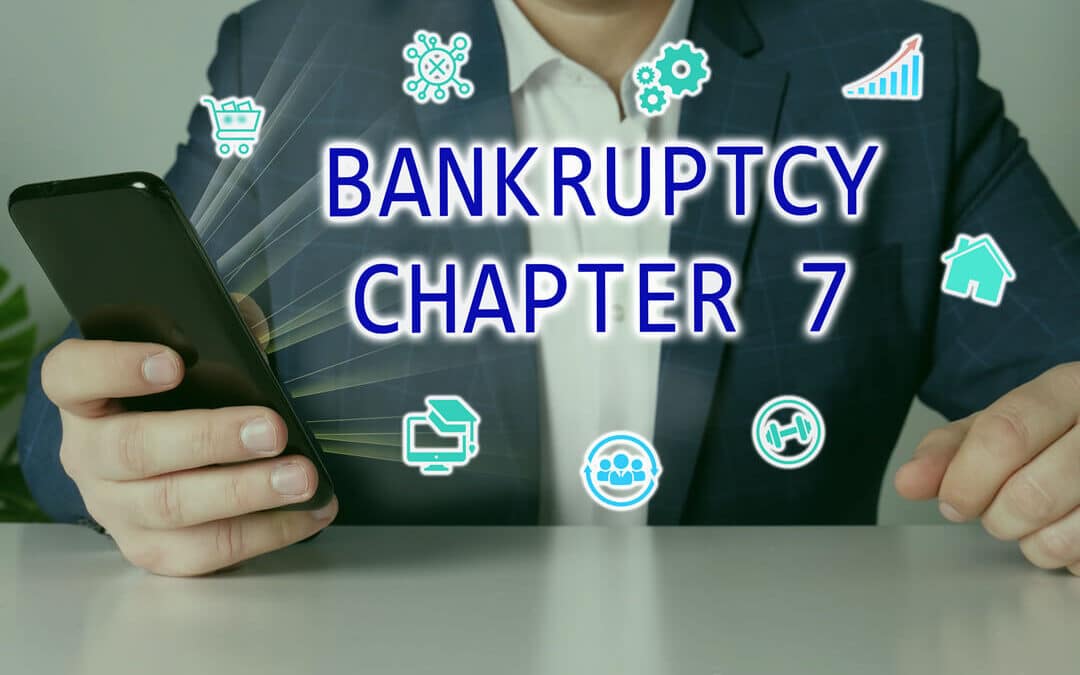The prevalence of unsecured debt is on the rise in the United States. This type of debt, which includes credit card debt and medical debt, can have a major impact on one’s financial stability.
Several factors contribute to the prevalence of unsecured debt. One is the increasing cost of living. As the cost of necessities like food, housing, healthcare, and transportation continue to rise, more and more Americans are finding themselves unable to keep up with their expenses. This often leads to the use of credit cards and other forms of debt to make ends meet.
If you have had to make such decisions and find that your unsecured debts have become a financial burden, filing Chapter 7 bankruptcy could help you eliminate unsecured debt and get a financial fresh start
What is Unsecured Debt?
Unsecured debt is a debt you have in which an asset you own, such as a home or vehicle, does not guarantee the payment of it. There are many types of unsecured debt, each with its own characteristics and features. The 3 most common types of unsecured debt are:
Credit Card Debt–Credit cards are easy to get and you can use them a variety of purposes, from everyday purchases to large expenses. Credit card debt typically has a high-interest rate, which can make it difficult to pay off.
Medical Debt–Medical bills can be incredibly expensive, and many people cannot pay them off in full. Medical debt often carries a lower interest rate than other types of unsecured debt, but it can still be a burden.
Personal Loans –Personal loans are typically made by banks with no collateral. With personal loans, you are at the mercy of the lender if something goes wrong. If you don’t repay your loan, the lender can sue you for the balance and report the non-payment to credit bureaus.
Unsecured Debt and Chapter 7 Bankruptcy
Bankruptcy law categorizes unsecured debt as either “priority” or “general unsecured”.
Bankruptcy law deems “priority” debts as important for various reasons and usually prohibits their discharge through bankruptcy. The most common “priority” debts are past-due child or spousal support and recently unpaid income taxes.
In Chapter 7 bankruptcy, all or most of “general unsecured” debts could be discharged without you having to pay them. Once the debts get discharged, bankruptcy law prohibits a creditor from contacting you for payment of the debt.
“General unsecured” debts that you could eliminate through a Chapter 7 bankruptcy include the aforementioned credit card debts, medical debt, and personal loans, but also the following debts:
- payday loans
- retail accounts
- unpaid utilities
- personal injury claims owed
- certain income taxes 3 years or older
Getting Help Eliminating Your Unsecured Debt
The above list is just an example of unsecured debts you could have eliminated through Chapter 7 bankruptcy. Depending on your financial situation, there could be even more debts you could have eliminated. An experienced bankruptcy attorney could help you navigate the bankruptcy process and know just what debts you could have eliminated.
If you are overwhelmed by unsecured debt, don’t continue to struggle unnecessarily. Reach out to us today for a free evaluation of your financial situation. One of our experienced bankruptcy attorneys could help you determine if bankruptcy could be an answer to your financial problems. Let our family help your family.

